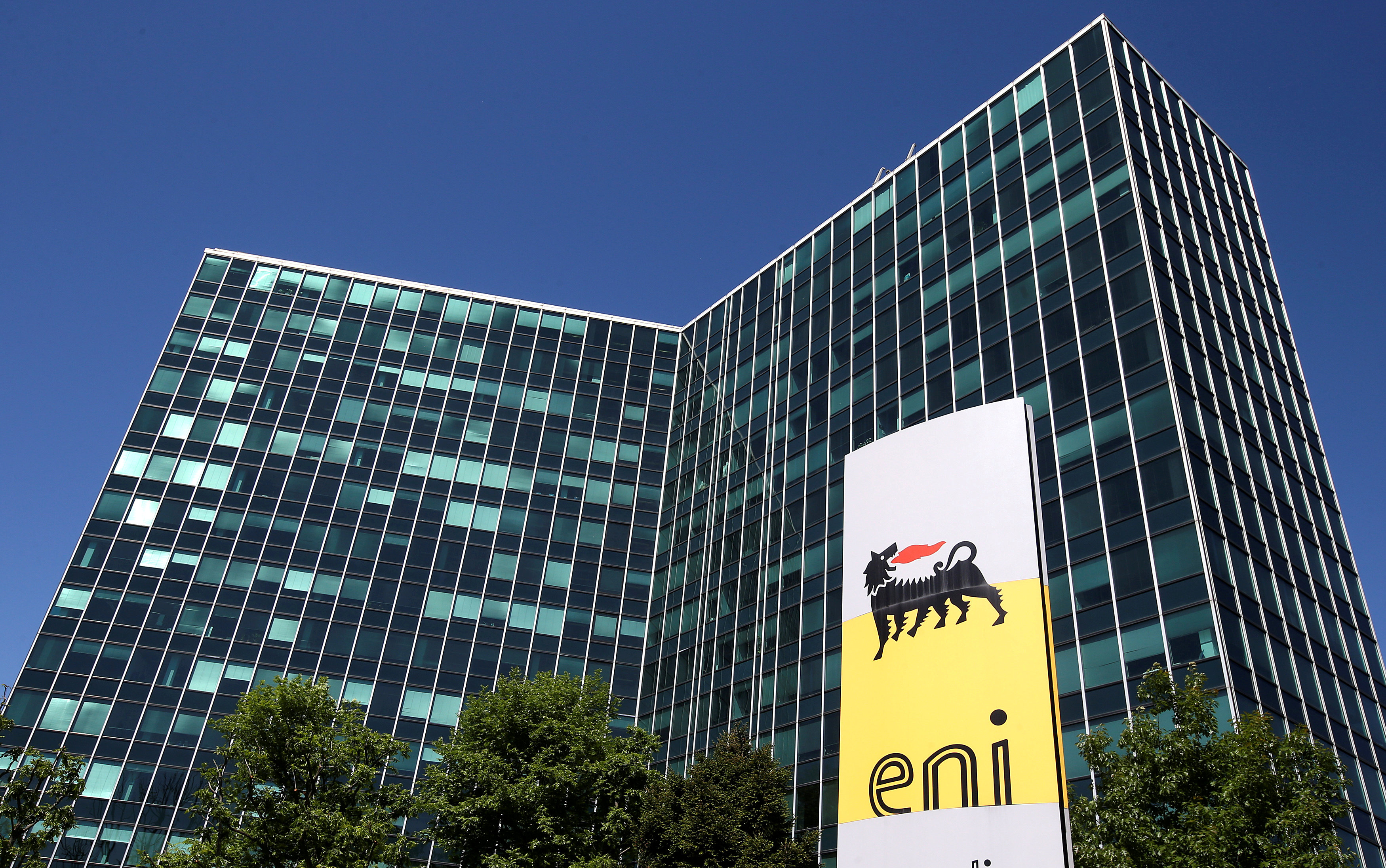Italy’s Eni receives permit to drill offshore oil well in Alaska’s Arctic

An Italian oil company has received a permit to drill what is expected to be the first exploratory well in U.S. federal Arctic waters off Alaska since Shell abandoned its $7 billion Chukchi Sea campaign in 2015.
Eni U.S. Operating Co. Inc., a subsidiary of ENI S.p.A, was granted a permit to drill a single well in the Beaufort Sea, the U.S. Bureau of Safety and Environmental Enforcement announced Tuesday.
The targeted site is a prospect in federal waters bordering the Eni-operated Nikaitchuq field that lies in state territory and began production in 2011. The area where Eni plans its exploratory drilling was designated a year ago as a 13-lease unit called Harrison Bay Block 6423, BSEE said.
The permitted well is the first of four that Eni plans for the unit, according to an exploration plan that was approved in July by BSEE’s sister agency, the Bureau of Ocean Energy Management. The exploration plan calls for two extended-reach mainbores and two sidetracks, all drilled in winter months through early 2019. Eni plans for its drilling to extend six miles (10 kilometers), which would be the farthest horizontal reach for any Alaska well. The company has contracted with Alaska Native-owned Doyon Drilling for a rig that has been modified to reach that distance.
Eni plans to drill the well from an existing manmade island about three miles offshore of the mainland that has been used for Nikaitchuq operations. Eni proposes to start drilling on Dec. 15, according to the company’s permit.
In a statement, BSEE officials said they conducted a thorough review of Eni’s well design, procedures and safety measures before issuing the drill permit.
“Exploration must be conducted safely, and responsibly in relation to the Arctic environment and we will continue to engage Eni as they move forward with drilling its exploratory well,” Mark Fesmire, BSEE Alaska Region director, said in the statement.
The statement referred to the Trump administration’s goal of “energy dominance.”
“Responsible resource development in the Arctic is a critical component to achieving American energy dominance,” BSEE Director Scott Angelle said in the statement. “BSEE is committed to working with our Alaskan Native and Industry partners by taking a thoughtful and balanced approach to oil and gas exploration, development and production in the Arctic”
Environmentalists criticized the drilling approval.
“Drilling for oil in the Arctic is an accident waiting to happen. The Trump administration is risking a major oil spill by letting this foreign corporation drill in the unforgiving waters off Alaska. Offshore drilling threatens coastal communities and wildlife and will only push us deeper into the climate crisis,” Kristen Monsell, a senior attorney at the Center for Biological Diversity, said in a statement. “This is a totally boneheaded decision by a reckless administration.”
Even though Shell halted its own drilling program in 2015, it is a partner with Eni in the Harrison Bay Block 6423 unit, BSEE said. Shell’s abandoned program had focused on more distant offshore prospects in the Chukchi Sea, while the Harrison Bay Block 6423 unit lies just north of operating oil fields and existing infrastructure on state territory.